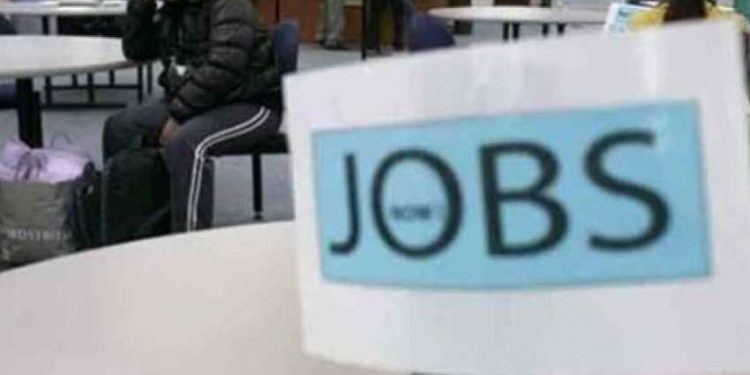New York, April 22 About half of lower-income adults in the US now say that they or someone in their household have lost jobs or taken a cut in pay due to the COVID-19 pandemic, a new Pew Research Center survey has found.
Overall, 43 per cent of US adults have now experienced this type of job upheaval, up from 33 per cent in the latter half of March, showed the results on Tuesday.
The findings also revealed that lower-income adults are far less prepared to withstand a financial shock than those with higher incomes.
Only about 23 per cent said they have rainy day funds set aside that would cover their expenses for three months in case of an emergency such as job loss, sickness or an economic downturn, compared to 48 per cent of middle-income and 75 per cent of upper-income adults.
And while 53 per cent of lower-income adults said they will have trouble paying some of their bills this month, about a quarter of middle-income adults and 11 per cent of those in the upper income tier said the same.
The findings are based on a survey of nearly 5,000 US adults conducted between April 7 and April 12, using the Pew Research Center’s American Trends Panel (ATP).
To create upper, middle and lower-income tiers, respondents’ 2018 family incomes were adjusted for differences in purchasing power by geographic region and for household size.
“Middle-income” adults live in families with annual incomes that are two-thirds to double the median family income in the panel (after incomes have been adjusted for the local cost of living and for household size).
The middle-income range for the American Trends Panel is about $37,500 to $112,600 annually for a three-person household.
Lower-income families have incomes less than roughly $37,500, and upper-income families have incomes greater than roughly $112,600.
The survey showed that only 23 per cent of adults now rate national economic conditions as excellent or good, down dramatically from 57 per cent at the beginning of 2020.
(IANS)






































